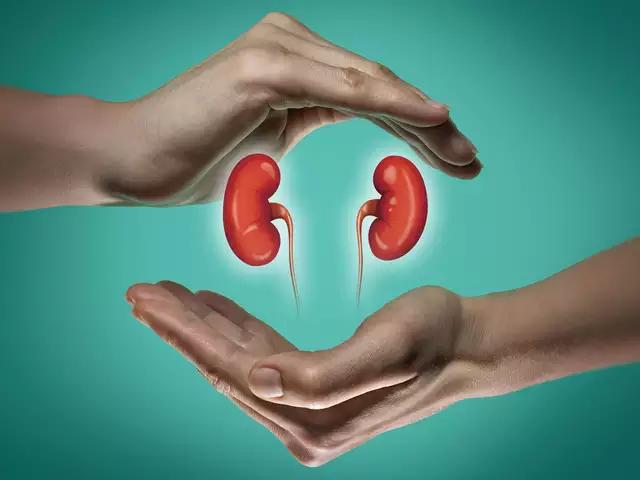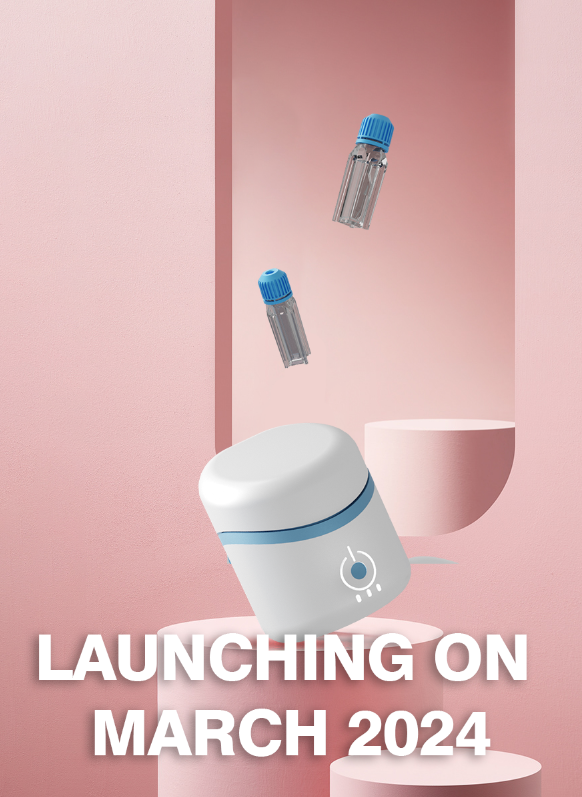
Prioritize Your Kidney Health: Experts Call for Early Screening
At the 29th National Conference of General and Family Medicine, a critical health issue was brought into the spotlight by Teresa Benedito, MD, and Roberto Alcázar, MD, emphasizing the pressing need for early screening of chronic kidney disease (CKD). Madrid, a city known for its vibrant culture and history, became the center stage for this significant health discussion during the Spanish Society for General and Family Physicians (SEMG) conference.
Chronic kidney disease, a silent threat that lurks unnoticed until its advanced stages, has been a growing concern for healthcare professionals worldwide. Dr. Benedito and Dr. Alcázar, through a compelling clinical case, showcased the dire consequences of late CKD diagnosis and the paramount importance of early intervention.
Why Early Screening is a Must
The statistics are alarming – 15% of the adult population in Spain is battling CKD, a disease that stealthily progresses, often undetected. Dr. Alcázar, drawing parallels between the risk factors for CKD and cardiovascular diseases, highlighted the intricate network of blood vessels in the kidneys, making them highly susceptible to arterial damage. Factors like age, ethnicity, family history, lifestyle choices, and certain medical conditions significantly elevate the risk.
Dr. Benedito's deep dive into the diagnostic process revealed the complexity of detecting CKD. With symptoms often silent in the early stages, the disease is diagnosed through indicators like reduced glomerular filtration rate or evidence of kidney damage persisting for more than three months.
Screening: A Cost-Effective Strategy
The call for early screening is not just a medical recommendation but also a cost-effective strategy to prevent the hefty toll of late-stage CKD on individuals and healthcare systems. Dr. Alcázar's assertion about the cost-effectiveness and low expense of early screening resonates with the global need to curb healthcare costs while improving patient outcomes.
Nearly every patient stepping into primary care presents one or more risk factors for CKD, making it imperative for healthcare providers to incorporate kidney screening into routine check-ups, especially for those under 60.
Towards a Healthier Future
The SEMG conference was not just a platform for presenting a clinical case but a clarion call to action for healthcare professionals and policy-makers. The insights shared by Dr. Benedito and Dr. Alcázar shed light on the path forward – a path that involves comprehensive screening, patient education, and an integrated approach to managing risk factors.
As the world grapples with the rising tide of chronic diseases, the message from the conference is clear: proactive, preventive healthcare is not just a choice but a necessity. The time to act is now, to ensure that the silent threat of chronic kidney disease is met with a vigilant, informed, and proactive response.
Conclusion: A Call for Proactive Prevention
The insights from the 29th National Conference of General and Family Medicine underscore a critical directive: early screening and prevention of chronic kidney disease (CKD) are not just beneficial but essential. Embracing a proactive approach, particularly for individuals under 60 and those with multiple risk factors, is paramount. This strategy promises not only to improve patient outcomes but also to alleviate the financial burden on healthcare systems. As we move forward, the collective focus must be on turning awareness into action, ensuring that the silent progression of CKD is met with vigilant, informed, and decisive responses. In doing so, we pave the way for a healthier future, where the impact of CKD is significantly diminished through the power of prevention.

